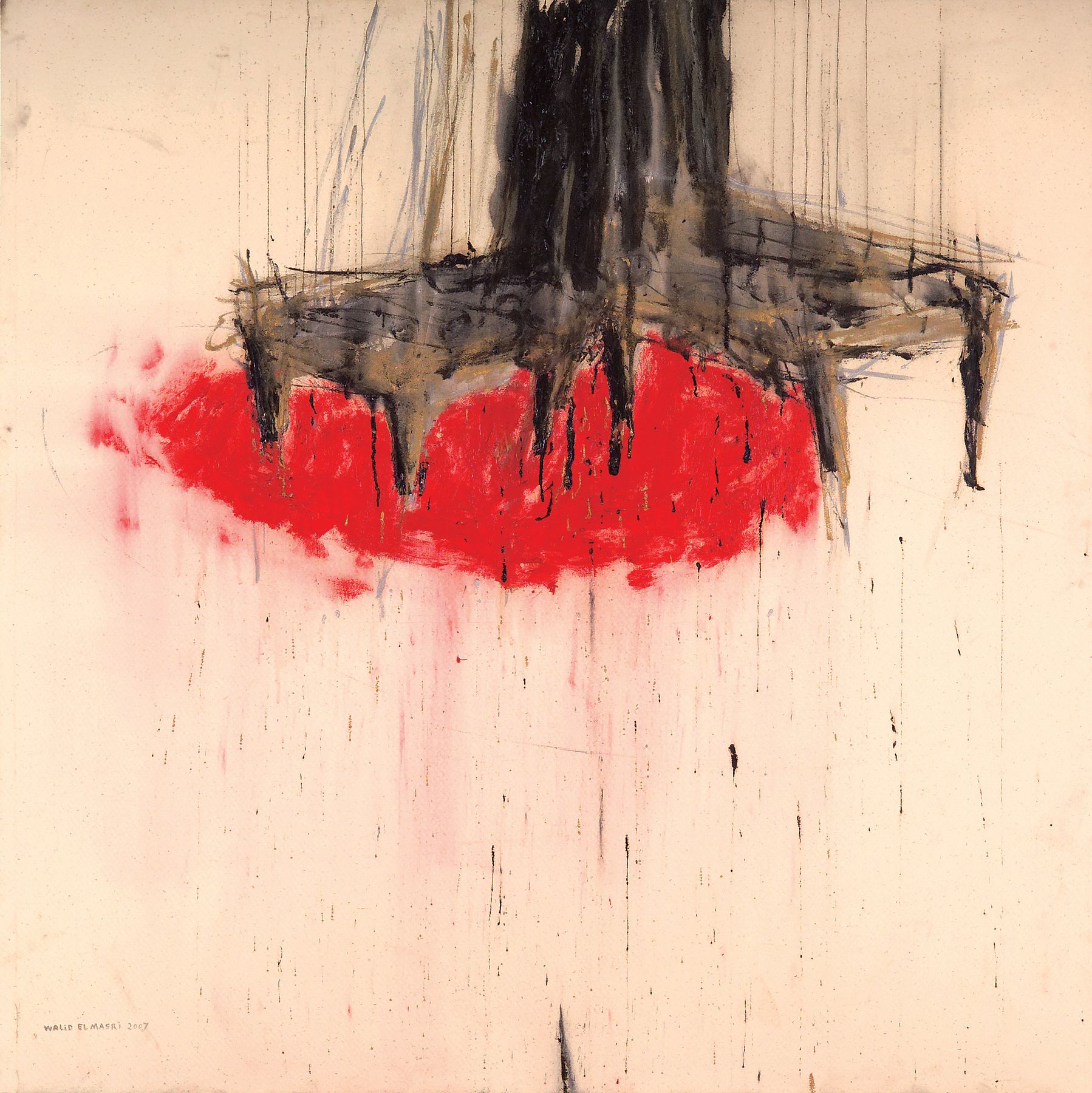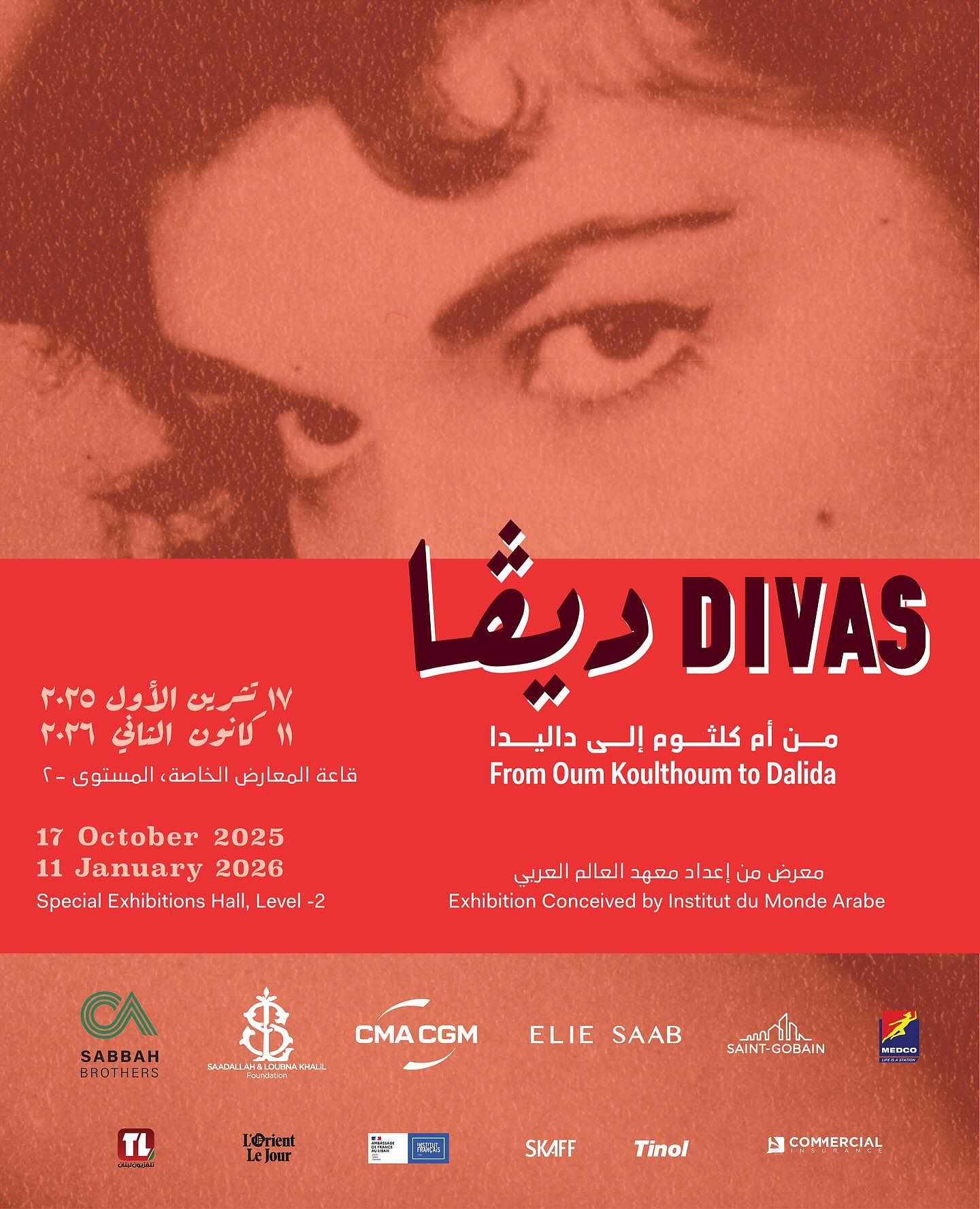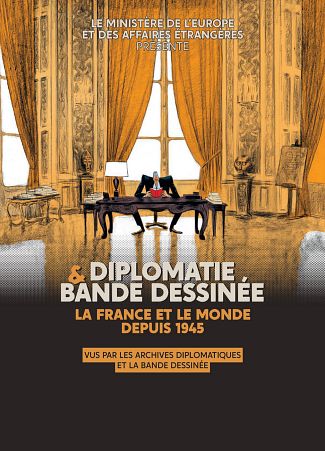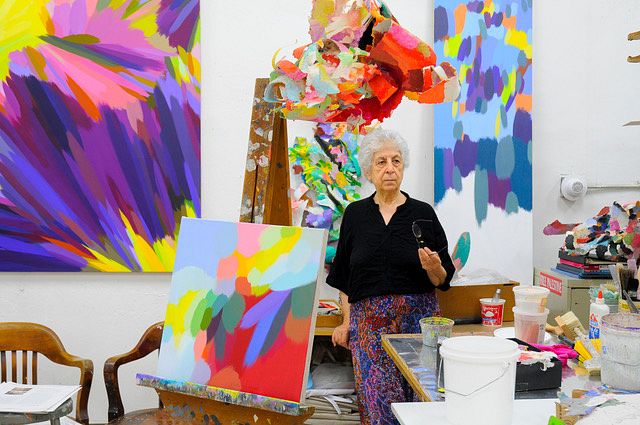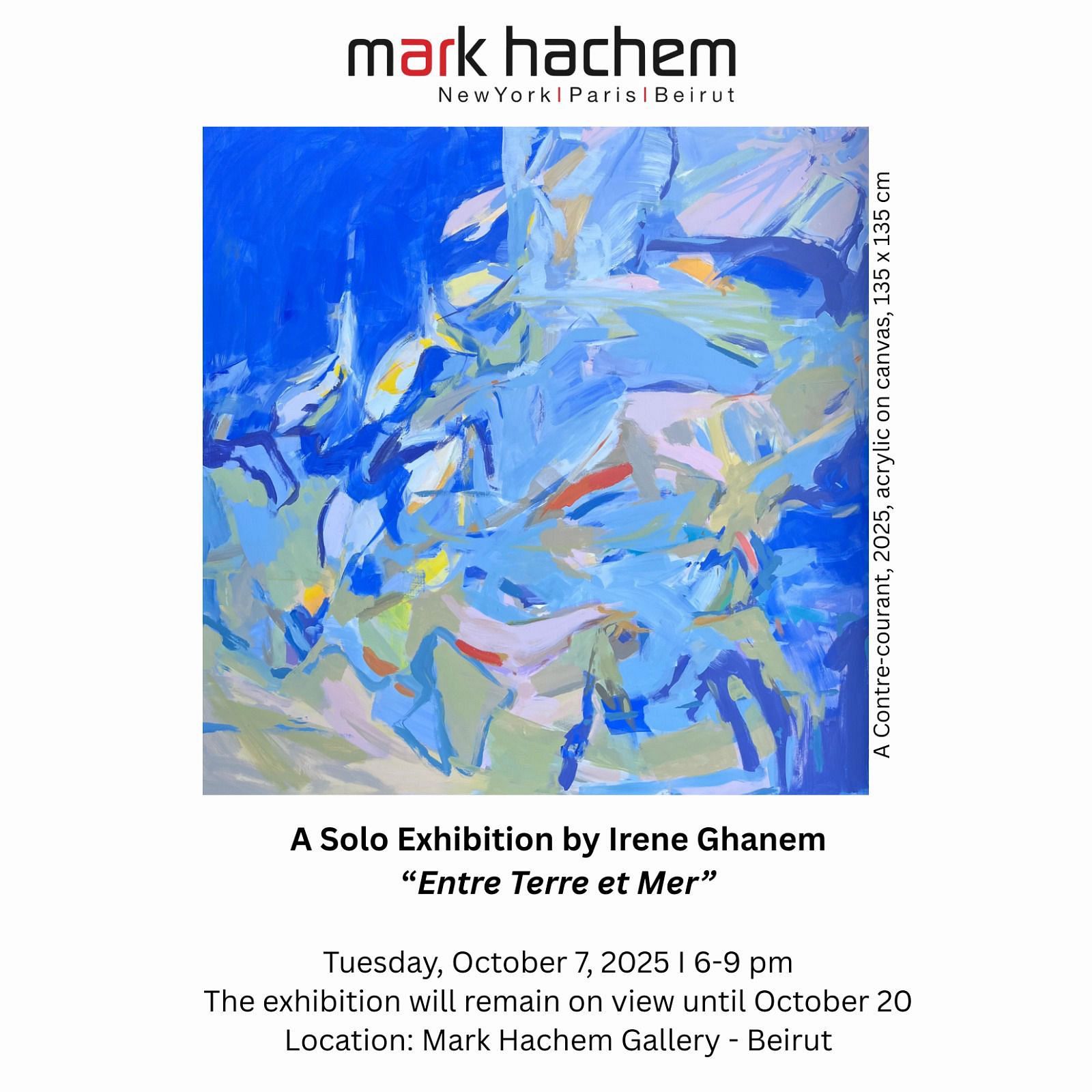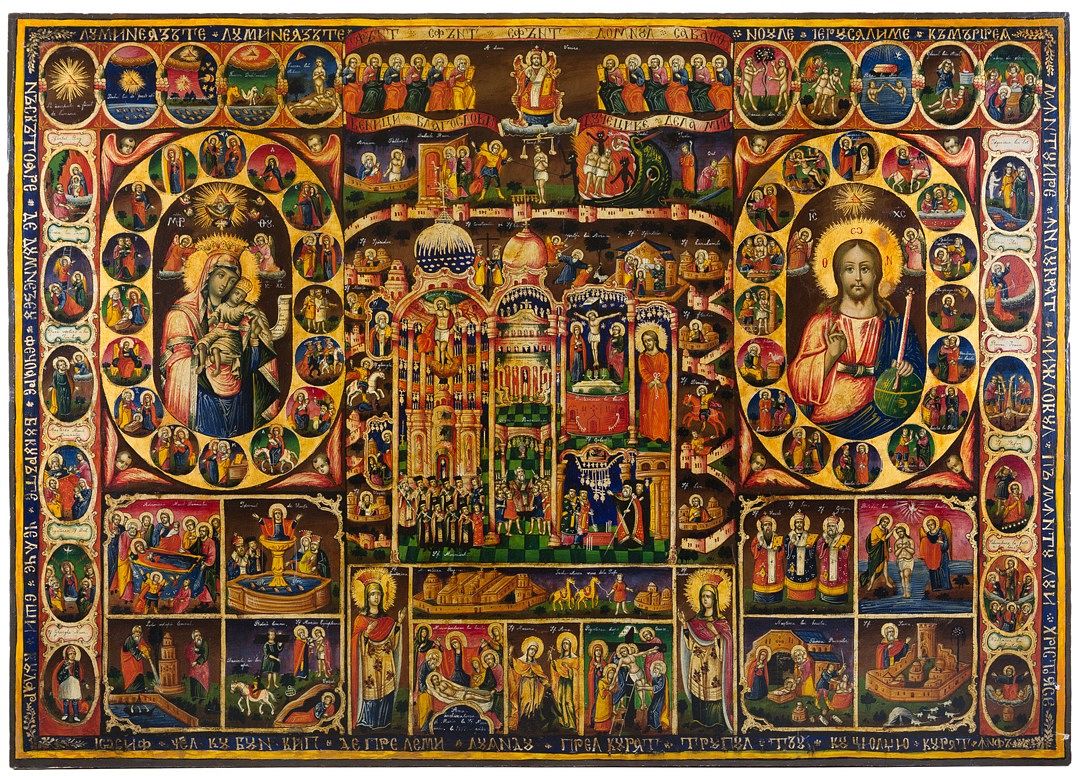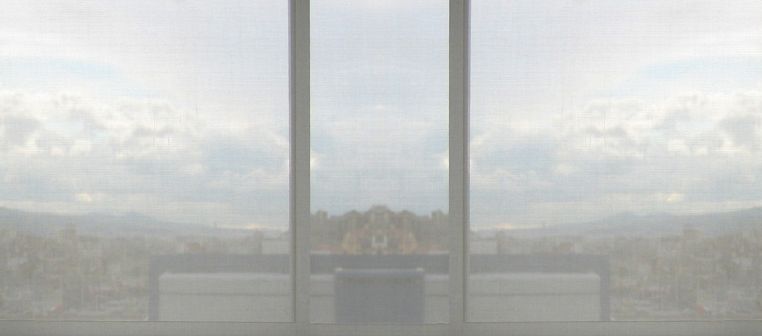Chairs by Walid El Masri
ArtDu 07/08/2023 à 00:00 jusqu'au 01/09/2023 à 00:00
Born in the Jaramana neighbourhood on the outskirts of Damascus in 1979, since elementary school Walid Al-Masri has immersed himself in the world of drawing. His first watercolour work, depicting the battle of Hannibal with all its horses and soldiers led to scientific drawings in biology and geography. At the age of 13, he gave up school and chose to practice an inherited family craft – the making of Damascene mosaics. This profession endowed him with exceptional skills: it strengthened his accuracy and patience and refined his knowledge of natural colours and pigments, and his understanding of abstract decorative geometric shapes. Also at this stage, Al-Masri became acquainted with the works of the French painters Jean-Auguste-Dominique Ingres, Jacques-Louis David, and Eugène Delacroix, as well as the Italian greats Raphael, Da Vinci, and Caravaggio. He also became acquainted with the Impressionists through illustrations in his grandfather’s Larousse books.
When El-Masri decided to return to education, he enrolled in the Faculty of Fine Arts in Damascus. At the start of his studies, he reproduced a large number of realistic paintings and while college surrounded him with stimulating dialogue (his discussions with teachers such as Nazir Nabaa, Nizar Sabour, and Yaqzan Atassi developed his artistic perspective), he adhered to his own preference to not be bound by external frameworks and continued to develop as a self-taught painter. In 2003, along with fellow young artists from the Arab world, El-Masri was chosen for the Summer Academy, held at Darat al Funun in Amman under the supervision of artist Marwan Kassab Bachi, and again in 2005 under the supervision of artist Ziad Dalloul. During this period, El-Masri experimented with various techniques but continued to focus on his interest in transparencies and earthy (or perhaps more accurately, dusty) surfaces. El-Masri would select a regular element and explore its compositional and colour possibilities in a painting, feeling that the language of art – of the execution of the work itself – takes precedence over the subject.
Upon graduation in 2005, El Masri began working on his Chair series, which was immediately shown in a solo exhibition at the French Cultural Center in Damascus. Within El-Masri’s oeuvre, this series is key on multiple intellectual and aesthetic levels and was paved for by two earlier series- “Insects” and “Pegs”. These works are characterised by the artist’s rejection of the frameworks of academic training and the skills acquired during his years of study at the Academy of Fine Arts, whether those related to technical skills and studied colour balances. Sometimes the chair appears solid and cohesive, with thick black lines, and at other times it is disjointed, truncated, or even fluid, with transparent or tinted colour gradations. Since these earlier works, he has also severed the shapes, cutting them off from the top, as if they are withdrawing or entering the canvas, extending them by default outside the space of the painting. El-Masri’s aesthetic vision at this stage also depended on the principle of repetition: the use of the same word repeatedly in order to destroy its initial connotations and move it to a deeper artistic meaning. They become like the small, subtle changes we notice in our features every time we look back at our faces in the mirror.
The formulations of Chairs have changed with the passage of time, and despite a long break from this series, El-Masri returned to it after 2011, the defining year in the lives of all Syrians. It was then after the artist had moved to live in France, that he found that the chair had resurrected from rickety charred structures, in replication of the violent reality that has gripped Syria and the Syrians.
Dr. Nour Asalia
ÉVÉNEMENTS SIMILAIRES
